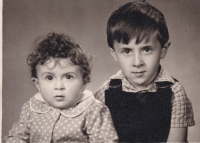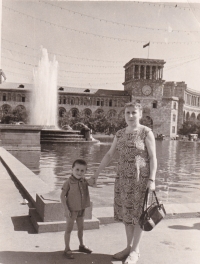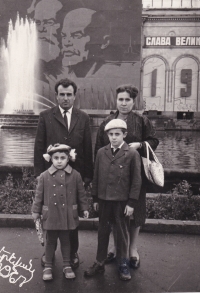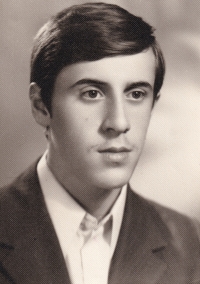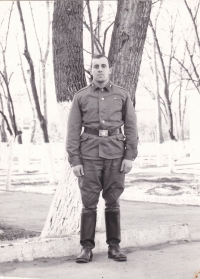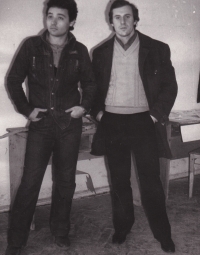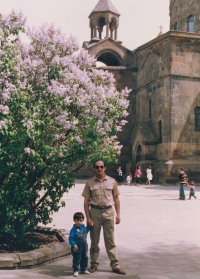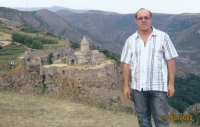Every Armenian has a victim of genocide in their family

Stáhnout obrázek
Gevorg Avetisjan was born on 10 April 1959 in Yerevan, the capital of Armenia. His great-grandfather, who was an owner of prospering factory producing confection in Turkey, was killed by Turks during the Armenian genocide. He studied at the university of industry, aesthetics and design at Yerevan. He had a prospering company which designed interiors and produced furniture. When the war for Nagorno-Karabakh between Armenia and Azerbaijan broke out in 1990s, the living conditions in Yerevan worsened significantly and his business ceased to flourish. He decided to settle down in the Czech Republic which he knew only from one visit and his uncle’s stories. In 1995 he came to Ostrava. With his mother, wife and two small sons he lived in a boarding house and could not find a job. Out of despair he started to run a bar in Frýdek-Místek, but his business in this field did not flourish. Moreover, he made his living for his sister and her children who came to him. He got an idea to offer an Armenian honey cake, which was baked by his sister, to his friend who owned a restaurant. Over some time, a huge demand for the cake arose. He supplied more and more restaurants with the cake and hired employees for its production. He patented the brand Marlenka and established a modern factory producing confection in Frýdek-Místek. Nowadays he exports to more than fifty countries, the company has annual turnover around six million Czech korunas, he employs three hundred people and monthly he uses up fifteen tons of honey in the production. He was repeatedly awarded for his business success.
